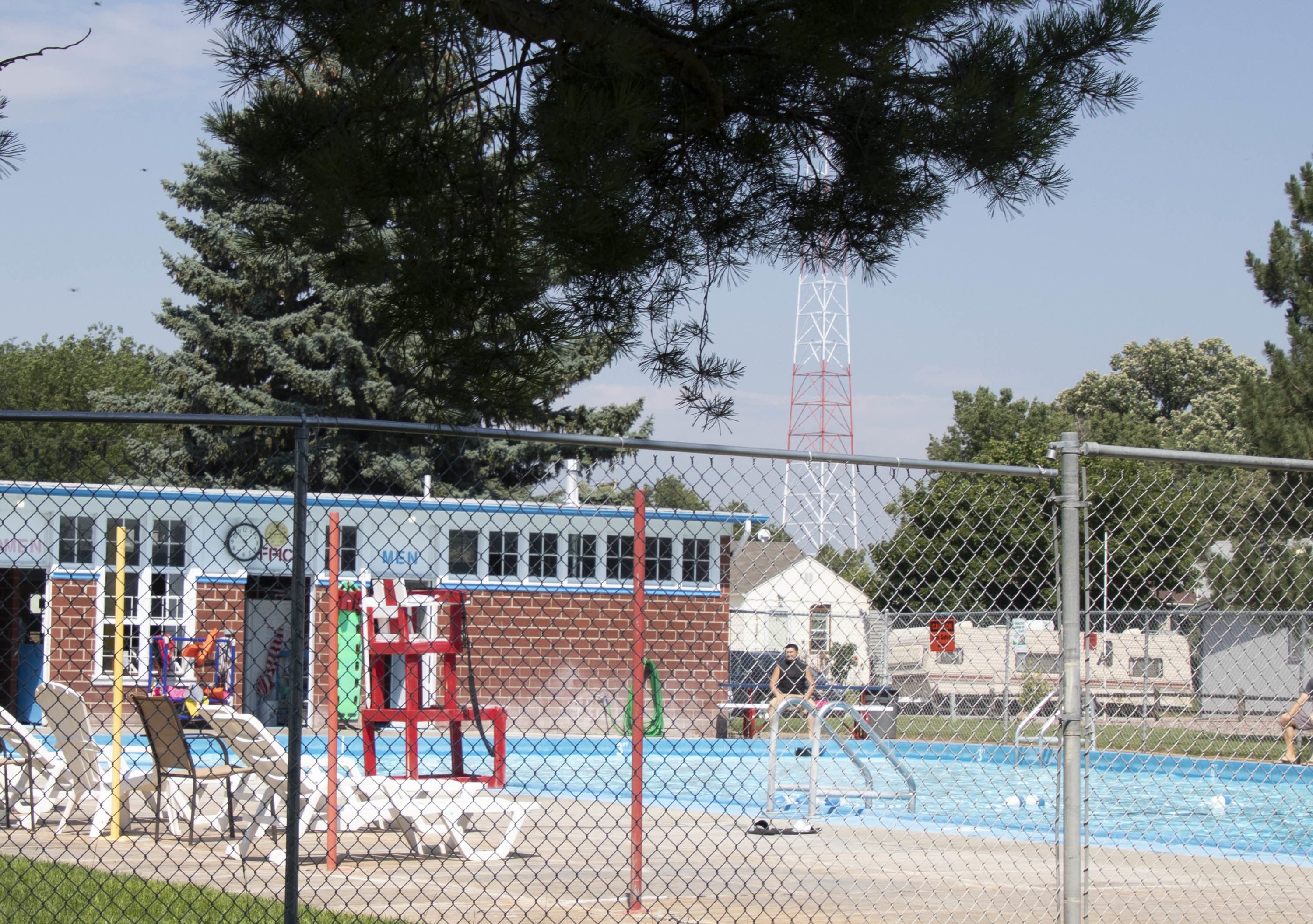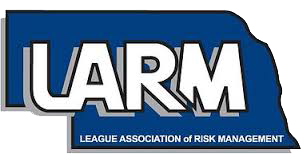
Hot weather means swimming pools are gearing up for summer crowds. Pools are opening up across the state with hundreds of kids expected to take swimming lessons. In some cases, there will be lifeguards making some extra money on the side by giving private swimming lessons.
The League Association of Risk Management (LARM) has answers to some Frequently Asked Questions concerning private lessons taught at public facilities.
Does the Village/City liability insurance cover a private lifeguard for when he or she gives lessons on their own time at a city-owned facility? No.
Does the private lifeguard need to purchase their own liability insurance for private lessons even if they also teach swimming lessons for the Village/City? Yes. Since they are receiving the money for teaching lessons on their own time, they need to purchase their own insurance. It’s the same for a group that is giving a baseball camp at the city-owned ball fields or organizing a 5K on a city-owned trail.
What type of insurance policy should a private lifeguard provide proof of for the Village/City? They need to provide proof that they've purchased a Comprehensive/Commercial General Liability Insurance with a combined single limit of at least $1,000,000 each occurrence for bodily injury and property damage. The Village/City should be added as an
Hot weather means swimming pools are gearing up for summer crowds. Pools are opening up across the state with hundreds of kids expected to take swimming lessons. In some cases, there will be lifeguards making some extra money on the side by giving private swimming lessons.
The League Association of Risk Management (LARM) has answers to some Frequently Asked Questions concerning private lessons taught at public facilities.
Does the Village/City liability insurance cover a private lifeguard for when he or she gives lessons on their own time at a city-owned facility? No.
Does the private lifeguard need to purchase their own liability insurance for private lessons even if they also teach swimming lessons for the Village/City? Yes. Since they are receiving the money for teaching lessons on their own time, they need to purchase their own insurance. It’s the same for a group that is giving a baseball camp at the city-owned ball fields or organizing a 5K on a city-owned trail.
What type of insurance policy should a private lifeguard provide proof of for the Village/City? They need to provide proof that they've purchased a Comprehensive/Commercial General Liability Insurance with a combined single limit of at least $1,000,000 each occurrence for bodily injury and property damage. The Village/City should be added as an additional covered party on the policy with respect to private lessons given at the city-owned pool.
Should there be a written agreement between the private lifeguard and the Village/City? Yes. LARM provides a form that can be used as a written agreement between the private lifeguard and the Village/City that covers when the pool can be used for private lessons; what fees the lifeguard needs to pay the city for use of the pool; rules and regulations that need to be adhered to; and the conditions under which the private lifeguard can no longer provide lessons at the pool. Log in to the LARM Library for a sample agreement for use of the city pool.
Isn’t the purchase of liability insurance too much to ask of a young lifeguard? No. Unfortunately, swimming accidents happen. A child slips and breaks his arm poolside or loses consciousness underwater. Accidents happen all the time under the close supervision of lifeguards. In April 2017, the State of Hawaii legislature voted to not provide liability protection for county lifeguards any longer because of the risks involved. If a lifeguard is not old enough or responsible enough to purchase liability insurance, they should not have the responsibility of teaching someone how to swim especially in depths of 10 feet and more.
How often should the private lifeguard provide proof of insurance and an agreement to the Village/City? Annually. The person asking to provide the private lessons on city property should ideally contact officials no later than April 1 and provide the required form and insurance by May 1 of each year.
What if a lifeguard is providing private lessons on their own time and has not contacted city officials? If it is obvious anyone is giving swimming lessons at a on the policy with respect to private lessons given at the city-owned pool.
Should there be a written agreement between the private lifeguard and the Village/City? Yes. LARM provides a form that can be used as a written agreement between the private lifeguard and the Village/City that covers when the pool can be used for private lessons; what fees the lifeguard needs to pay the city for use of the pool; rules and regulations that need to be adhered to; and the conditions under which the private lifeguard can no longer provide lessons at the pool. Log in to the LARM Library for a sample agreement for use of the city pool.
Isn’t the purchase of liability insurance too much to ask of a young lifeguard? No. Unfortunately, swimming accidents happen. A child slips and breaks his arm poolside or loses consciousness underwater. Accidents happen all the time under the close supervision of lifeguards. In April 2017, the State of Hawaii legislature voted to not provide liability protection for county lifeguards any longer because of the risks involved. If a lifeguard is not old enough or responsible enough to purchase liability insurance, they should not have the responsibility of teaching someone how to swim especially in depths of 10 feet and more.
How often should the private lifeguard provide proof of insurance and an agreement to the Village/City? Annually. The person asking to provide the private lessons on city property should ideally contact officials no later than April 1 and provide the required form and insurance by May 1 of each year.
What if a lifeguard is providing private lessons on their own time and has not contacted city officials? If it is obvious anyone is giving swimming lessons at a village/city-owned pool, they need to be approached and asked if they are doing so for payment. If they are and have not filled out the required form and provided proof of insurance, they need to stop immediately. When they have submitted the necessary documents and been approved, they can then resume swimming instruction.
For more information about private lifeguards using your public facility contact LARM at 402-742-2600.
(photo taken at the Morrill, NE pool)
